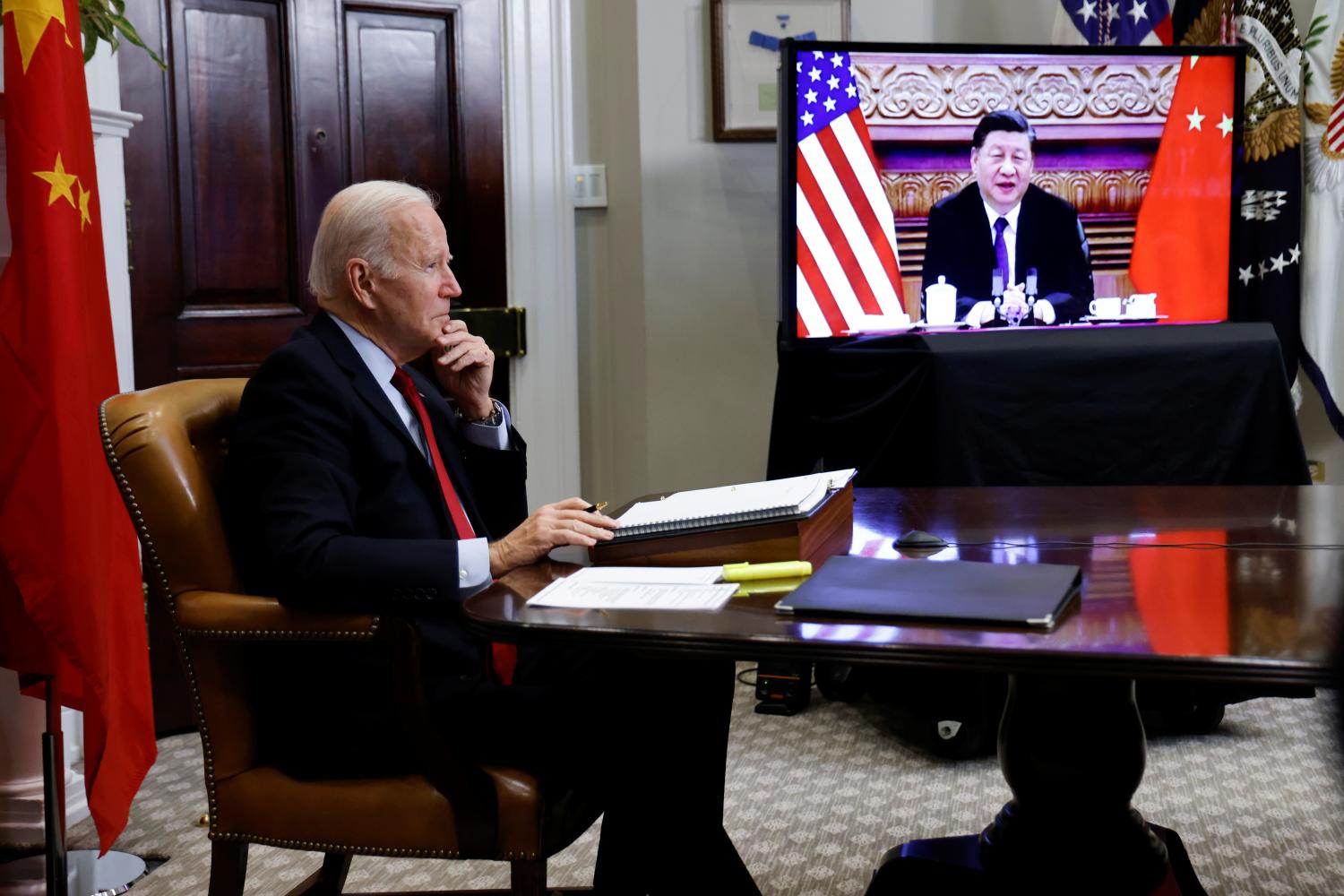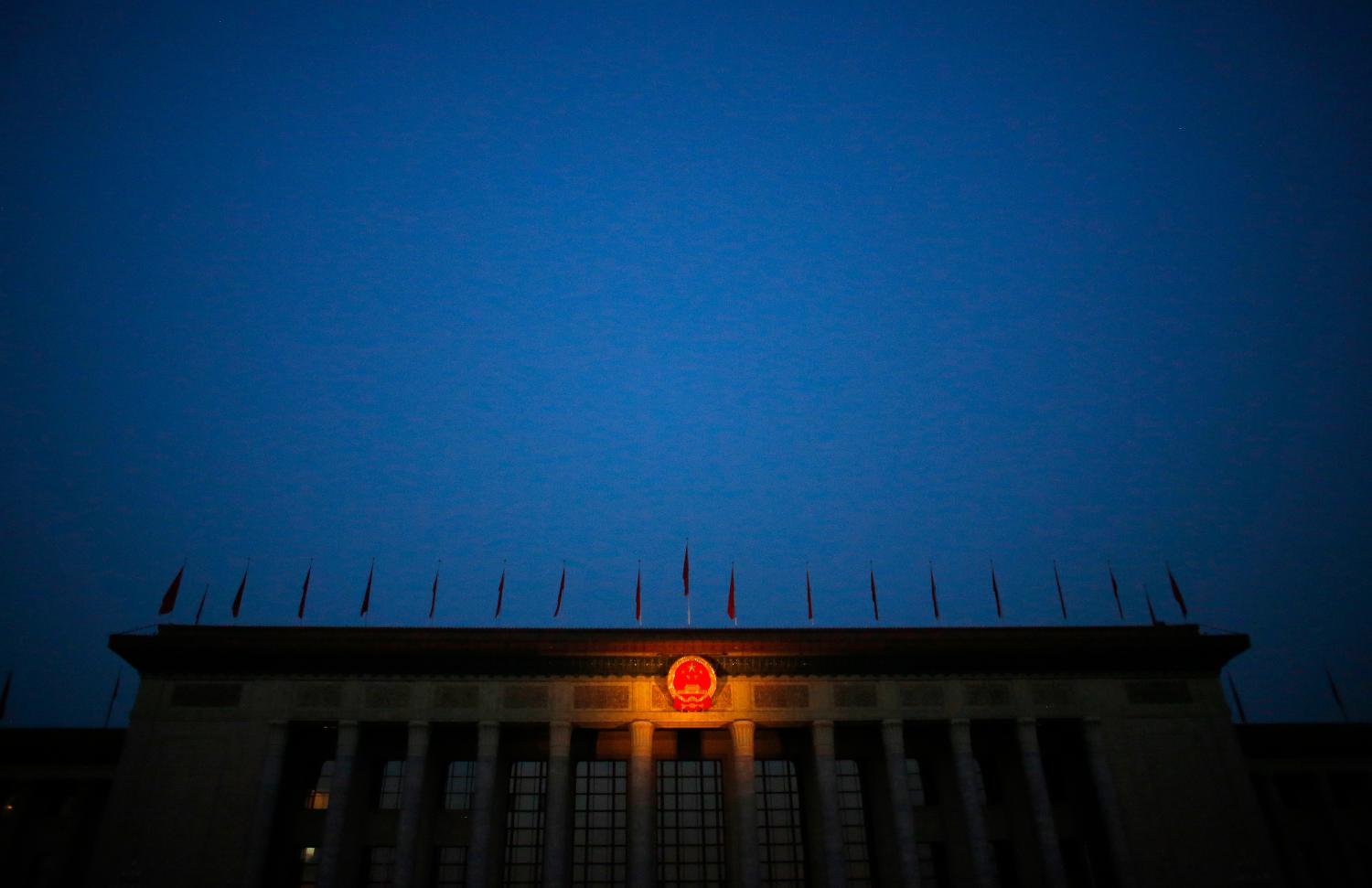Executive summary
 The U.S.-China relationship is on a downward trajectory. Neither side agrees on the diagnosis of problems or the remedies, and domestic political trends in both countries limit the likelihood of improved relations any time soon. Even so, the relationship remains too consequential to people in both countries and the rest of the world to be guided by a fatalistic acceptance of deepening enmity. And while competition resides at the core of the relationship, it is a mistake to view the relationship solely through the lens of rivalry. Doing so limits tools available to Washington for developing a more durable, productive relationship that serves America’s interests.
The U.S.-China relationship is on a downward trajectory. Neither side agrees on the diagnosis of problems or the remedies, and domestic political trends in both countries limit the likelihood of improved relations any time soon. Even so, the relationship remains too consequential to people in both countries and the rest of the world to be guided by a fatalistic acceptance of deepening enmity. And while competition resides at the core of the relationship, it is a mistake to view the relationship solely through the lens of rivalry. Doing so limits tools available to Washington for developing a more durable, productive relationship that serves America’s interests.
This paper presents five specific recommendations of steps the United States could take to better protect and advance its interests vis-à-vis China. The common thread of these recommendations is that U.S. policy should be informed by an awareness of America’s long-term national interests and how China relates to them. For the coming decades, China will have enormous potential on the world stage to do good or ill. A more interest-driven approach will give confidence to America’s partners that its policy toward China is organized around a coherent theory of the case and is not simply reactive to Chinese initiatives or guided by the perpetual pursuit of political point-scoring at home.
-
Acknowledgements and disclosures
The authors wish to thank Kevin Dong for research support, Lori Merritt for editing, and Rachel Slattery for layout.
The Brookings Institution is committed to quality, independence, and impact.
We are supported by a diverse array of funders. In line with our values and policies, each Brookings publication represents the sole views of its author(s).









